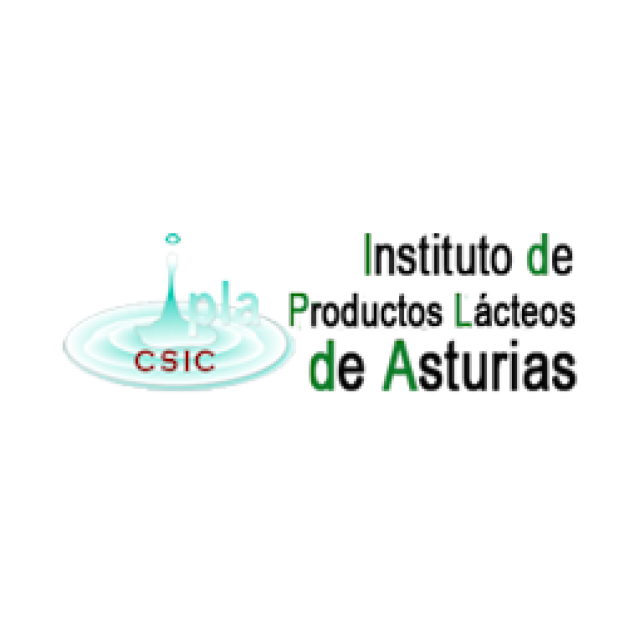- Institution: The Dairy Research Institute of Asturias (IPLA)- Spanish National Research Council (CSIC)
- Department/Service: Functional Dairy Cultures Group
- Location:
Paseo Río Linares s/n
33300 Villaviciosa (Asturias)
- Web: http://www.ipla.csic.es
- Contact:
Baltasar Mayo Pérez
Phone number: (+34) 985893345
e-mail: baltasar.mayo@ipla.csic.es
Collection content
Microbial group/s: Bacteria (majority), some Filamentous fungi and yeast
Total number of strains: 940
Taxa (number of strains):
Lactococcus (400)
Lactobacillus (300)
Bifidobacterium (200)
Levaduras (25)
Penicillium (15)
Isolation source/Origin:
Lactic acid bacteria: cheese, milk and fermented milk, and gastrointestinal tract.
Yeasts and Filamentous fungi: Maturation process of Cabrales Cheese.
Preservation method: Glicerol, -80°C.
Information management: Excel
Characterization level:
The strains are identified by molecular techniques and, in many cases, typified by RAPD, REP-PCR, or PFGE techniques.
Services
- Material for research is transferred to interested groups under the signature of the corresponding MTA
- The strains are also available to companies, under assignment and / or license contracts
Expertise
Key words:
lactic-acid bacteria, bifidobacteria, starter cultures, ferments, probiotics
Summary:
- Selection of lactic-acid bacteria for utilization as starter or djunct cultures
- Selection of lactic-acid bacteria and bifidobacteria for its utilization as a probiotic
Quality Certifications
No Quality Certification
Brief historical review
Collection of lactic-acid bacteria from cheese: started in 1985 and the last isolates are from 2007. They were isolated from cheeses: Cabrales, Peñamelera, Casín, and Genestoso, and also, from dairy products and foreign cheeses. Collection of intestinal strains: started in 2000. They were obtained from intestine (faeces and mucosa) and stomach (mucosa and gastric juices)

